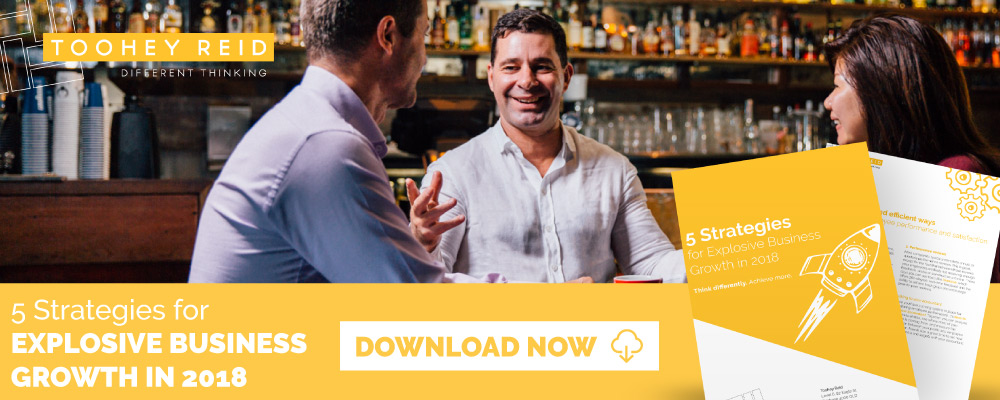Last year certainly had a few surprises up its sleeve! Between Brexit and the US presidential election, 2016 was definitely a year to remember. But what does this mean for Australian businesses in 2017? Will this year yield its own share of surprises?
We take a look at the overseas influences that could affect the Australian financial market and how adopting new technology could be the way to get ahead of the game.
The Australian economy isn’t necessarily in a bad place. In fact it’s been lucky to dodge some of the more serious financial crises in the last 20 years. But, according to ABC Business Reporter Michael Janda, it might be time to batten the hatches. This doesn’t necessarily mean that anything that can go wrong will go wrong. But, it does mean you should have a good accountant who will protect your assets and take preventative measures.
The Trump Factor
In 2017, Trump could be an irritation for companies who have borrowed US dollars for lower interest rates. Interest rates may increase, and they’re likely to if Trump keeps his promises to stimulate the US economy through tax reductions and building infrastructure.
Similarly, there are concerns for Australian businesses about Trump tearing up the free trade agreement with Australia (AUSFTA). Though this is not being taken seriously by government officials or financial experts, as the trade balance is currently in favour of the US.
Since US trade has grown from $14 billion a year to almost $25 billion since 2005, Australian trade expert, Professor Tim Harcourt of NSW University, puts it bluntly “Why would you, honestly?”
China Trading
The outlook for continued free trade with China is good, if the recent meeting between Australian Foreign Minister Julie Bishop and China Foreign Affairs Minister Wang Yi is anything to go by. The two ministers have pledged their countries to press ahead with free trade, despite whatever the Trump administration decides to do.
Australian businesses shouldn’t be too concerned if China’s economy is doing well, as this means Australia’s economy will also do well. The purchase of Rio Tinto’s Australian coal unit by Chinese company Yanzhou Coal Mining is one exemplar of China’s continued interest in Australia as an economic partner.
Fallout from Brexit Decision
A bigger risk to Australian import and export businesses is the domino effect of the UK’s Brexit decision. With impending elections in France, Italy and the Netherlands in 2017, there is a lot of uncertainty as to whether the EU, and even more importantly the euro, will be around for much longer.
If the EU dissolves, what does this mean for Australia? For importers and exporters, a big pain will be if Europe does away with the euro and goes back to their own denominations. Business will suddenly become a lot more expensive and more complicated, as instead of needing one currency, you will need all of the currencies to be a player in the international trade market.
Technology Acceleration
On a more positive note, the use of digital technology continues to increase in Australia and new trends are emerging, which businesses would be wise to embrace. Augmented Reality (AR), Virtual Reality (VR), and Mixed Reality (MR) are three key technologies which are set to help companies improve collaboration, enable employees, and engage better with their customers.
According to Business Insider, companies are advised to “start experimenting with AR, VR, and MR technologies now, to understand how best to apply them within their organisation”. Cloud computing and advanced financial software is also on the rise in Australia, and now’s the perfect time to migrate your business from your older bookkeeping model to something more time and cost efficient.
Toohey Reid is Brisbane’s premier chartered accounting firm. If you’re not happy with the service you’re getting at your current accountant, give us a call on (07) 3221 1055 or send us an online enquiry today to find out how we can help you!
General Advice Disclaimer
General advice warning: The advice provided is general advice only as, in preparing it we did not take into account your investment objectives, financial situation or particular needs. Before making an investment decision on the basis of this advice, you should consider how appropriate the advice is to your particular investment needs, and objectives. You should also consider the relevant Product Disclosure Statement before making any decision relating to a financial product.
Did you like this article? Email it to a friend

